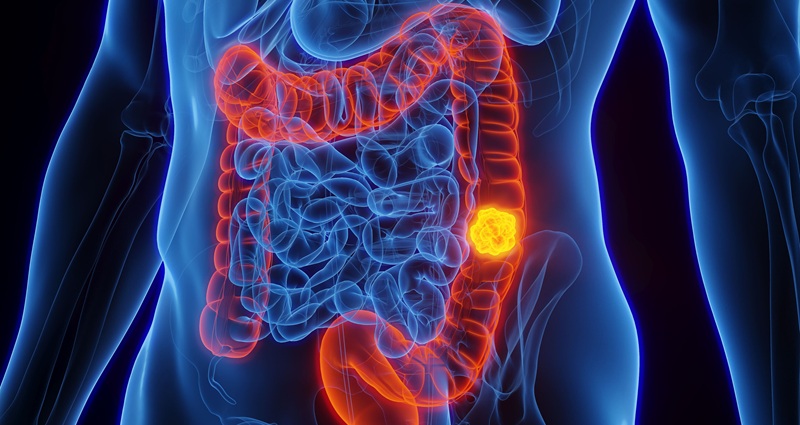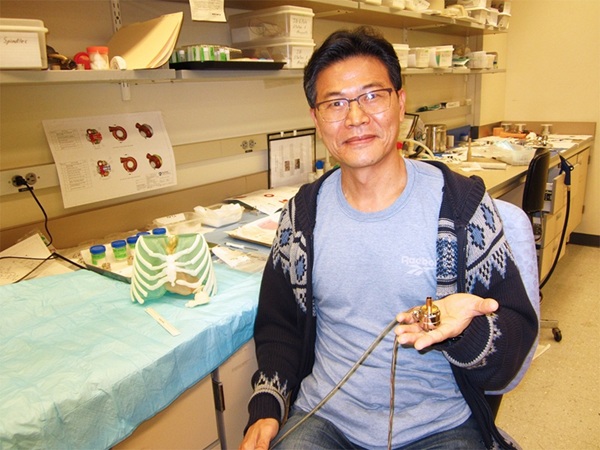NEXTGENPCR Endpoint Thermocycler Decreases PCR Amplification Time for SARS-CoV-2 to Eight Minutes
|
By HospiMedica International staff writers Posted on 06 Apr 2020 |
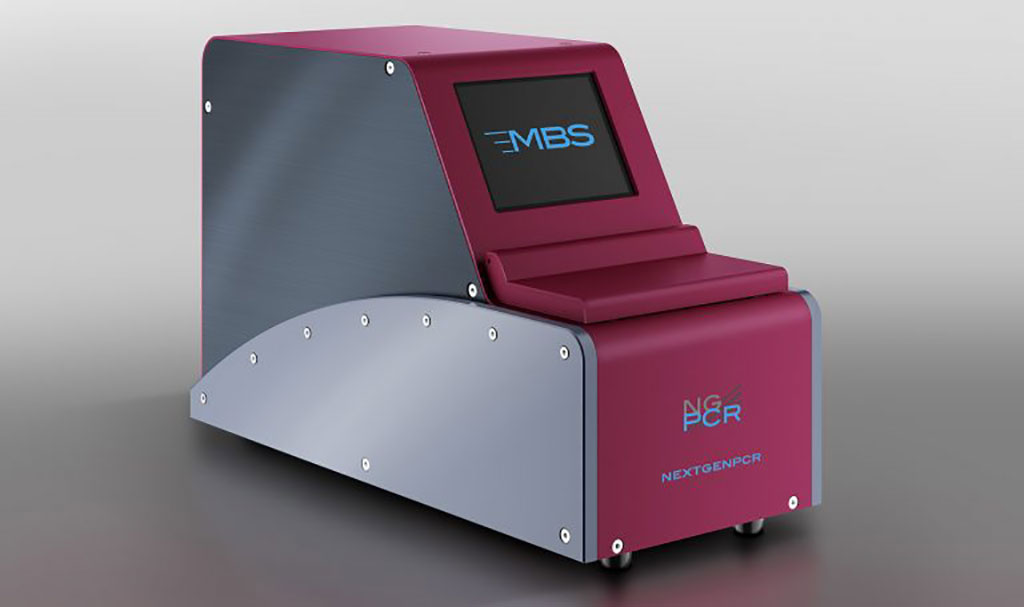
Image: The NEXTGENPCR thermocycler (Photo courtesy of Molecular Biology Systems, B.V.)
Molecular Biology Systems, B.V. (Goes, The Netherlands), a biotechnology company, has developed a method using its NEXTGENPCR endpoint thermocycler and consumables that decreases PCR amplification time for SARS-CoV-2 to eight minutes. Combined with smaller reaction volumes, increased samples per run, and standard, affordable laboratory equipment, a qualitative protocol was generated that could readily detect SARS-CoV-2 control DNA, with equivalent sensitivity. A single unit, the size of a shoebox, could perform a hundred and eighty (180) amplification runs a day, an almost 10-fold increase over the current US Centers for Disease Control (CDC) recommended instrumentation. The detection of amplified product can be done with widely-available blue light gel document systems.
The NEXTGENPCR thermocycler uses patented heating and cooling technology to reduce PCR amplification cycles from hours to minutes. These technological advances are intended to support laboratorians across the life sciences market reduce costs and accelerate results. Since the NEXTGENPCR accepts both 96 and 384-well reaction plates, the company tested both versions to increase throughput. By utilizing 384-well plates, the machine successfully processed four times as many samples without a loss in performance. The 384-well reaction chambers only require 25% of the reaction volume which would lower the supply burden placed on laboratories following the current CDC protocol. The company is now collaborating with testing laboratories in the US and the Netherlands to transfer and validate the method.
“We sought to decrease what we identified as the longest step in the current testing scheme, amplification. We started with the CDC assay because it is well characterized and has been readily available,” said Gert de Vos, CEO and founder of Molecular Biology Systems. “This protocol produces a simple yes/no answer — so a single machine, is capable of running 24/7, with eight-minute runs may provide a scalable screening solution analyzing 22,860 samples per day.”
Related Links:
Molecular Biology Systems, B.V.
The NEXTGENPCR thermocycler uses patented heating and cooling technology to reduce PCR amplification cycles from hours to minutes. These technological advances are intended to support laboratorians across the life sciences market reduce costs and accelerate results. Since the NEXTGENPCR accepts both 96 and 384-well reaction plates, the company tested both versions to increase throughput. By utilizing 384-well plates, the machine successfully processed four times as many samples without a loss in performance. The 384-well reaction chambers only require 25% of the reaction volume which would lower the supply burden placed on laboratories following the current CDC protocol. The company is now collaborating with testing laboratories in the US and the Netherlands to transfer and validate the method.
“We sought to decrease what we identified as the longest step in the current testing scheme, amplification. We started with the CDC assay because it is well characterized and has been readily available,” said Gert de Vos, CEO and founder of Molecular Biology Systems. “This protocol produces a simple yes/no answer — so a single machine, is capable of running 24/7, with eight-minute runs may provide a scalable screening solution analyzing 22,860 samples per day.”
Related Links:
Molecular Biology Systems, B.V.
Latest COVID-19 News
- Low-Cost System Detects SARS-CoV-2 Virus in Hospital Air Using High-Tech Bubbles
- World's First Inhalable COVID-19 Vaccine Approved in China
- COVID-19 Vaccine Patch Fights SARS-CoV-2 Variants Better than Needles
- Blood Viscosity Testing Can Predict Risk of Death in Hospitalized COVID-19 Patients
- ‘Covid Computer’ Uses AI to Detect COVID-19 from Chest CT Scans
- MRI Lung-Imaging Technique Shows Cause of Long-COVID Symptoms
- Chest CT Scans of COVID-19 Patients Could Help Distinguish Between SARS-CoV-2 Variants
- Specialized MRI Detects Lung Abnormalities in Non-Hospitalized Long COVID Patients
- AI Algorithm Identifies Hospitalized Patients at Highest Risk of Dying From COVID-19
- Sweat Sensor Detects Key Biomarkers That Provide Early Warning of COVID-19 and Flu
- Study Assesses Impact of COVID-19 on Ventilation/Perfusion Scintigraphy
- CT Imaging Study Finds Vaccination Reduces Risk of COVID-19 Associated Pulmonary Embolism
- Third Day in Hospital a ‘Tipping Point’ in Severity of COVID-19 Pneumonia
- Longer Interval Between COVID-19 Vaccines Generates Up to Nine Times as Many Antibodies
- AI Model for Monitoring COVID-19 Predicts Mortality Within First 30 Days of Admission
- AI Predicts COVID Prognosis at Near-Expert Level Based Off CT Scans
Channels
Critical Care
view channel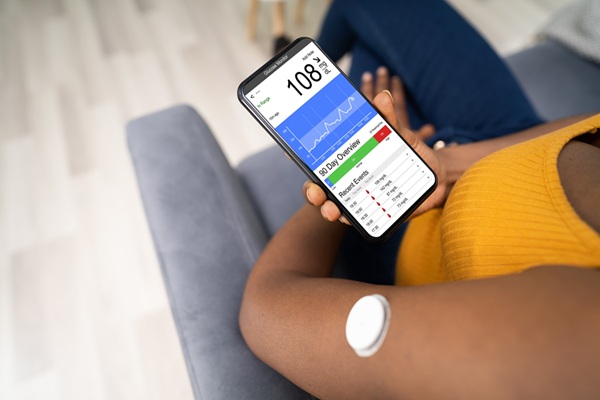
AI-Enhanced Wearables Could Transform Type 2 Diabetes and Prediabetes Care
Artificial intelligence (AI)–powered wearable devices, particularly continuous glucose monitors, are rapidly changing how people with prediabetes and Type 2 diabetes understand and manage their blood sugar.... Read more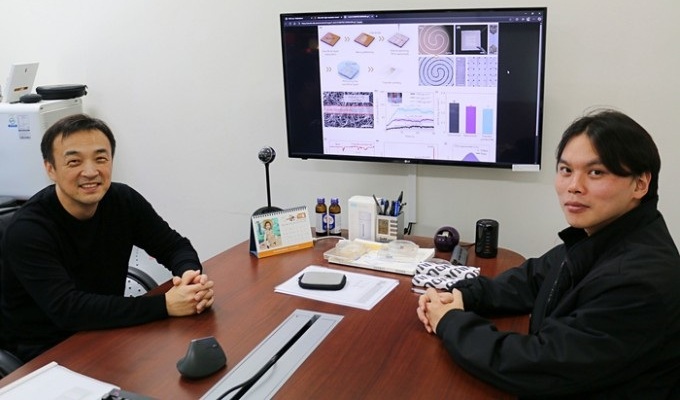
Breathable Electronic Skin Paves Way for Next-Generation Wearable Devices
Electronic skin devices are designed to adhere closely to the human body to monitor health and biosignals, but long-term use often leads to skin irritation caused by trapped sweat and poor breathability.... Read moreSurgical Techniques
view channel
3D-Printed Blood Vessel Scaffolds Could Transform Heart Bypass Surgeries
A tiny, opaque tube held up in a lab may look unremarkable at first glance, but its microscopic surface features could mark a meaningful step forward in heart bypass surgery. Measuring just about one centimeter... Read more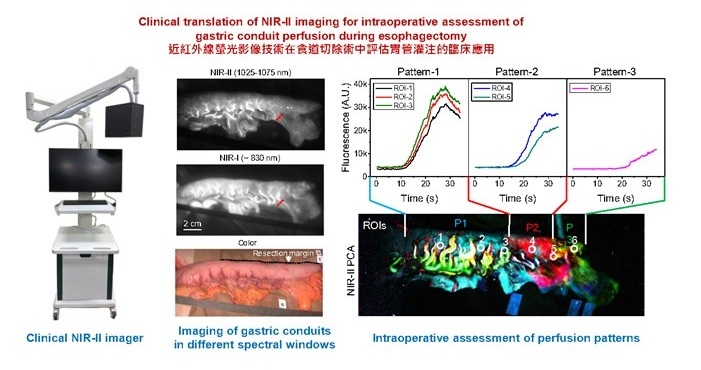
Novel Imaging Technique Helps View Blood Perfusion During Esophageal Surgery
Esophagectomy is a complex and high-risk surgery often required for esophageal cancer, with anastomotic leakage remaining one of its most serious complications. This defect at the surgical suture line... Read more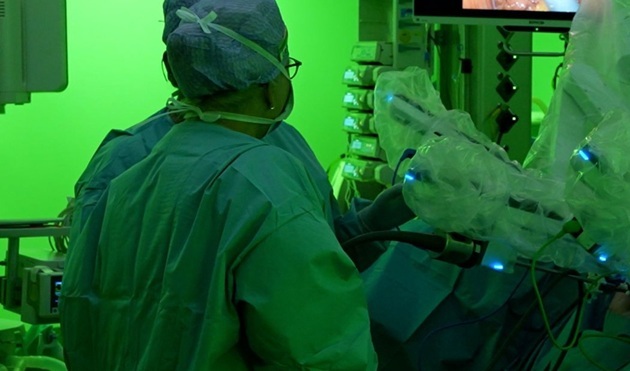
Minimally Invasive Surgery Proven Safe and Effective for Complex ‘Whipple’ Procedure
Tumors of the pancreatic head often require a highly complex operation known as pancreatoduodenectomy or the Whipple procedure. This surgery involves removing multiple structures and creating several internal... Read more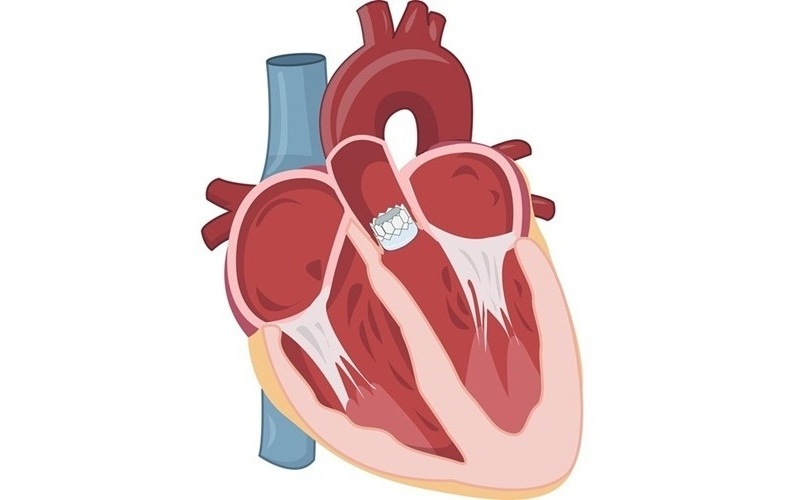
Catheter-Based Procedures Offer Less Invasive Option for Treatment of Valvular Disease
Valvular heart disease, caused by tight or leaky valves between heart chambers, affects up to 10% of older adults and leads to more than 120,000 deaths globally each year. Traditional open-heart surgery... Read morePatient Care
view channel
Revolutionary Automatic IV-Line Flushing Device to Enhance Infusion Care
More than 80% of in-hospital patients receive intravenous (IV) therapy. Every dose of IV medicine delivered in a small volume (<250 mL) infusion bag should be followed by subsequent flushing to ensure... Read more
VR Training Tool Combats Contamination of Portable Medical Equipment
Healthcare-associated infections (HAIs) impact one in every 31 patients, cause nearly 100,000 deaths each year, and cost USD 28.4 billion in direct medical expenses. Notably, up to 75% of these infections... Read more
Portable Biosensor Platform to Reduce Hospital-Acquired Infections
Approximately 4 million patients in the European Union acquire healthcare-associated infections (HAIs) or nosocomial infections each year, with around 37,000 deaths directly resulting from these infections,... Read moreFirst-Of-Its-Kind Portable Germicidal Light Technology Disinfects High-Touch Clinical Surfaces in Seconds
Reducing healthcare-acquired infections (HAIs) remains a pressing issue within global healthcare systems. In the United States alone, 1.7 million patients contract HAIs annually, leading to approximately... Read moreHealth IT
view channel
EMR-Based Tool Predicts Graft Failure After Kidney Transplant
Kidney transplantation offers patients with end-stage kidney disease longer survival and better quality of life than dialysis, yet graft failure remains a major challenge. Although a successful transplant... Read more
Printable Molecule-Selective Nanoparticles Enable Mass Production of Wearable Biosensors
The future of medicine is likely to focus on the personalization of healthcare—understanding exactly what an individual requires and delivering the appropriate combination of nutrients, metabolites, and... Read moreBusiness
view channel
Philips and Masimo Partner to Advance Patient Monitoring Measurement Technologies
Royal Philips (Amsterdam, Netherlands) and Masimo (Irvine, California, USA) have renewed their multi-year strategic collaboration, combining Philips’ expertise in patient monitoring with Masimo’s noninvasive... Read more
B. Braun Acquires Digital Microsurgery Company True Digital Surgery
The high-end microsurgery market in neurosurgery, spine, and ENT is undergoing a significant transformation. Traditional analog microscopes are giving way to digital exoscopes, which provide improved visualization,... Read more
CMEF 2025 to Promote Holistic and High-Quality Development of Medical and Health Industry
The 92nd China International Medical Equipment Fair (CMEF 2025) Autumn Exhibition is scheduled to be held from September 26 to 29 at the China Import and Export Fair Complex (Canton Fair Complex) in Guangzhou.... Read more













